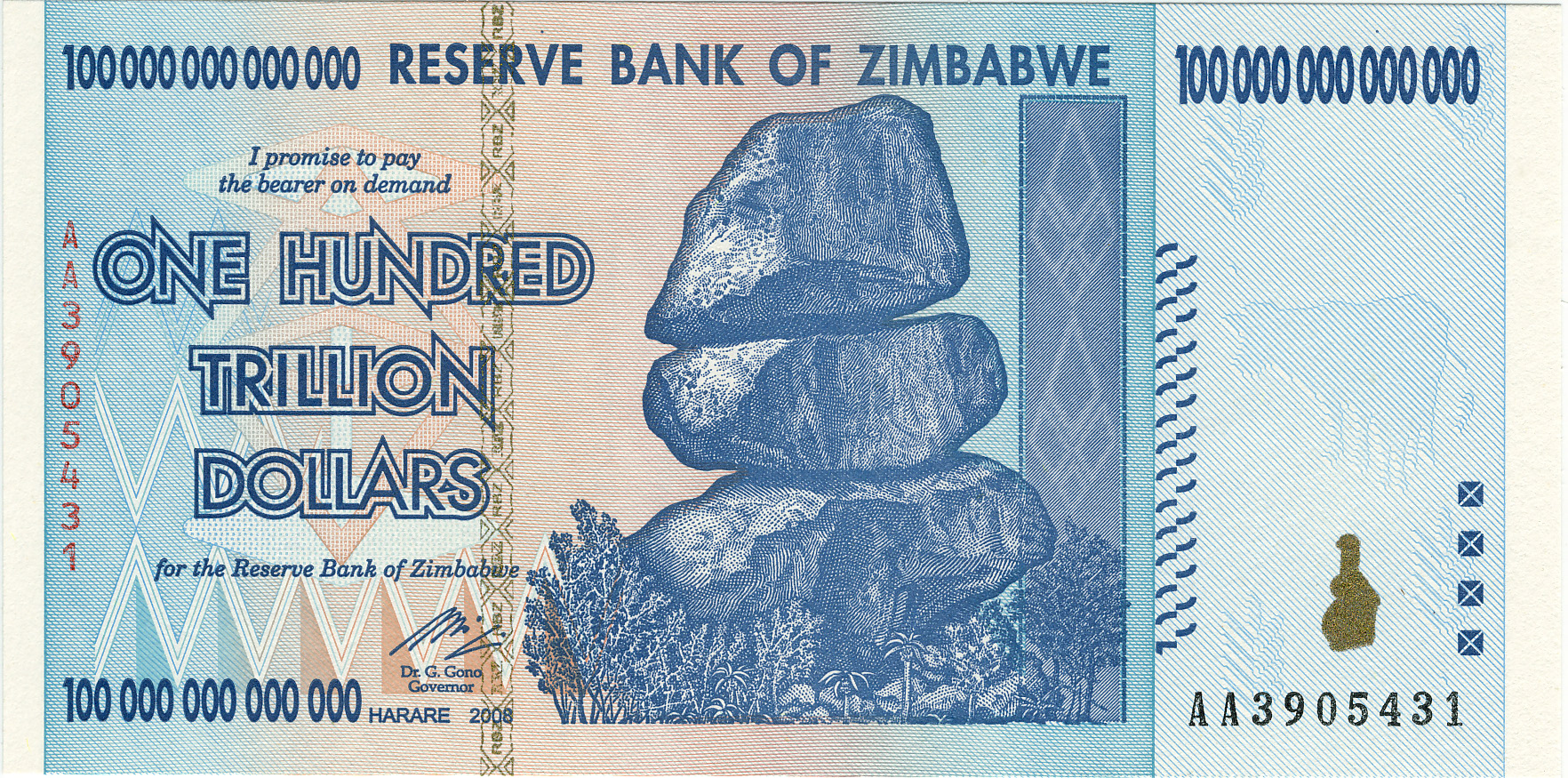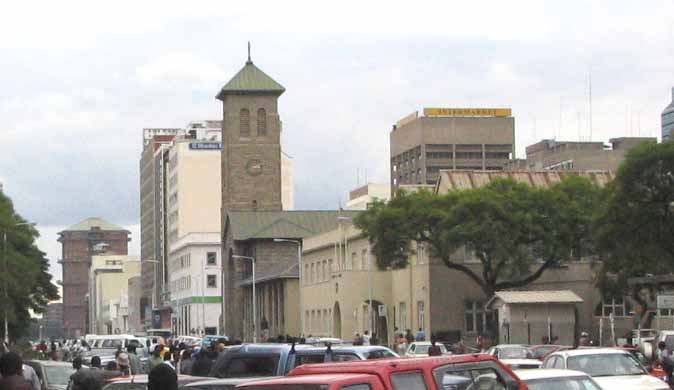|
Ministry Of Lands And Land Resettlement (Zimbabwe)
{{Zimbabwe-gov-stub ...
The Ministry of Lands and Land Resettlement is a government ministry, responsible for land reform in Zimbabwe. The incumbent is Douglas Mombeshora. References Government of Zimbabwe Zimbabwe Zimbabwe (), officially the Republic of Zimbabwe, is a landlocked country located in Southeast Africa, between the Zambezi and Limpopo Rivers, bordered by South Africa to the south, Botswana to the south-west, Zambia to the north, and Mozam ... [...More Info...] [...Related Items...] OR: [Wikipedia] [Google] [Baidu] |
Government Ministry
Ministry or department (also less commonly used secretariat, office, or directorate) are designations used by first-level executive bodies in the machinery of governments that manage a specific sector of public administration." Энциклопедический словарь Брокгауза и Ефрона", т. XIX (1896): Мекенен — Мифу-Баня, "Министерства", с. 351—357 :s:ru:ЭСБЕ/Министерства These types of organizations are usually led by a politician who is a member of a cabinet—a body of high-ranking government officials—who may use a title such as minister, secretary, or commissioner, and are typically staffed with members of a non-political civil service, who manage its operations; they may also oversee other government agencies and organizations as part of a political portfolio. Governments may have differing numbers and types of ministries and departments. In some countries, these terms may be used with speci ... [...More Info...] [...Related Items...] OR: [Wikipedia] [Google] [Baidu] |
Land Reform In Zimbabwe
Land reform in Zimbabwe officially began in 1980 with the signing of the Lancaster House Agreement, as an effort to more equitably distribute land between black subsistence farmers and white Zimbabweans of European ancestry, who had traditionally enjoyed superior political and economic status. The programme's stated targets were intended to alter the ethnic balance of land ownership. The government's land distribution is perhaps the most crucial and most bitterly contested political issue surrounding Zimbabwe. It has been criticised for the violence and intimidation which marred several expropriations, as well as the parallel collapse of domestic banks which held billions of dollars' worth of bonds on liquidated properties. The United Nations has identified several key shortcomings with the contemporary programme, namely failure to compensate ousted landowners as called for by the Southern African Development Community (SADC), the poor handling of boundary disputes, and chron ... [...More Info...] [...Related Items...] OR: [Wikipedia] [Google] [Baidu] |
Douglas Mombeshora
Dr Douglas Mombeshora was Zimbabwe's Lands Minister from 2013 to 2018. He was appointed Minister of Lands following a landslide victory by ZANU–PF in the 2013 harmonized elections. He also served as Deputy Minister of Health and Child Welfare during the Inclusive Government of 2009–2013. He was the Member of House of Assembly for Mhangura ( ZANU-PF). Dr Mombeshora studied at Kutama College alongside fellow Cabinet Ministers, Dr Ignatius Chombo, Walter Chidhakwa and the late President of the Republic of Zimbabwe Robert Gabriel Mugabe Robert Gabriel Mugabe (; ; 21 February 1924 – 6 September 2019) was a Zimbabwean revolutionary and politician who served as Prime Minister of Zimbabwe from 1980 to 1987 and then as President from 1987 to 2017. He served as Leader of the Z .... References Year of birth missing (living people) Living people Alumni of Kutama College Members of the National Assembly of Zimbabwe ZANU–PF politicians {{Zimbabwe-politi ... [...More Info...] [...Related Items...] OR: [Wikipedia] [Google] [Baidu] |
Government Of Zimbabwe
The politics of Zimbabwe takes place in a framework of a full presidential republic, whereby the President is the head of state and government as organized by the 2013 Constitution. Executive power is exercised by the government. Legislative power is vested in both the government and parliament. The status of Zimbabwean politics has been thrown into question by a 2017 coup. Political developments since the Lancaster House Agreement The Zimbabwean Constitution, initially from the Lancaster House Agreement a few months before the 1980 elections, chaired by Lord Carrington, institutionalises majority rule and protection of minority rights. Since independence, the Constitution has been amended by the government to provide for: *The abolition of seats reserved for whites in the country's parliament in 1987; [...More Info...] [...Related Items...] OR: [Wikipedia] [Google] [Baidu] |

